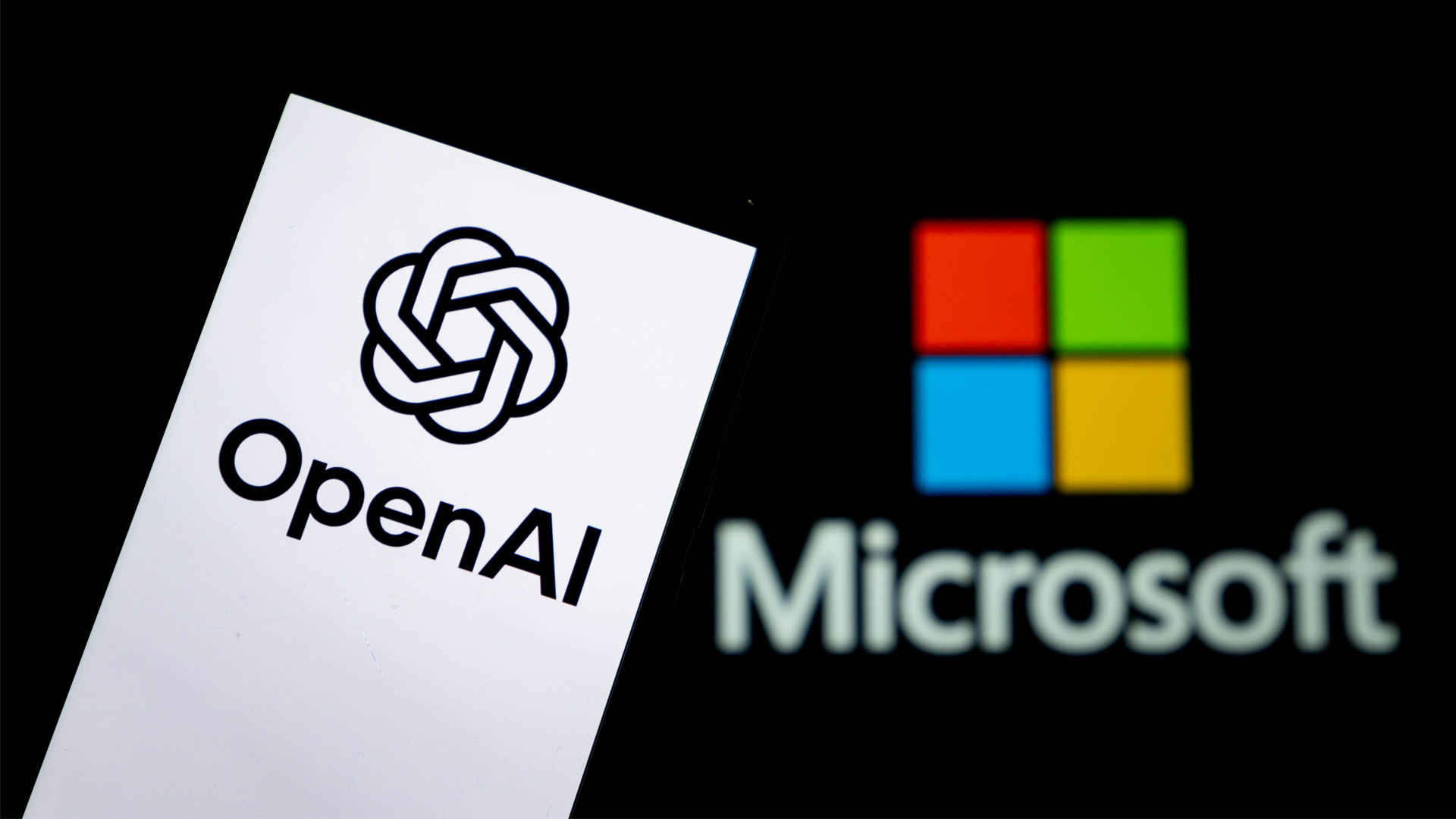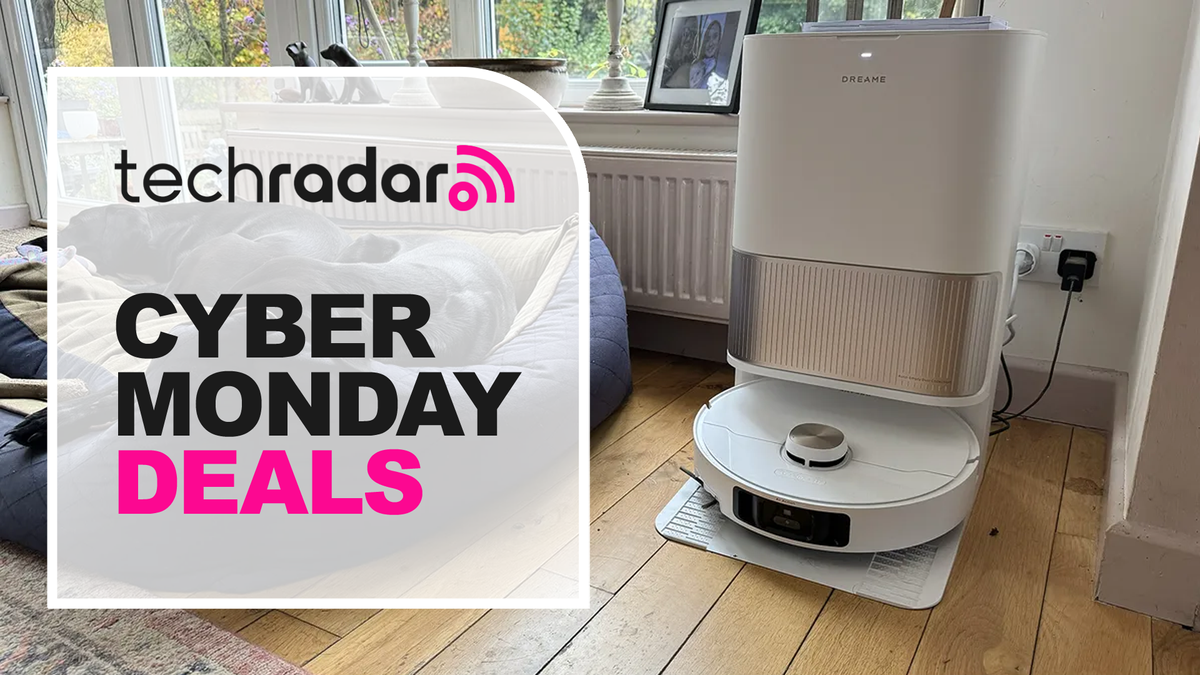Microsoft and OpenAI have signed a non-binding deal over the ongoing terms in their contract, clearing the way for OpenAI to begin its for-profit restructuring efforts before an expected IPO, Reuters reports. Crucially, this brings OpenAI closer to being able to receive $10 billion in investment funds from Japanese investment firm Softbank. This investment was contingent on a deal between Microsoft and OpenAI being reached before the end of the year. However, despite the buoyancy of the announcement, it is "non-binding," and both firms are still said to be working out the fine details, suggesting the sticking points from earlier negotiations have yet to be fully hashed out.
With OpenAI now on the hook for a $300 billion purchase of computing power from Oracle, it will need to raise an astronomical amount of capital over the next few years, moving beyond the terms of the original Microsoft deal, and its non-profit structure is likely a key component of that.
Microsoft and OpenAI's joint statement
An official statement from both companies reads:
"OpenAI and Microsoft have signed a non-binding memorandum of understanding for the next phase of our partnership. We are actively working to finalize contractual terms in a definitive agreement. Together, we remain focused on delivering the best AI tools for everyone, grounded in our shared commitment to safety."
Microsoft was an early investor in OpenAI, funding the business with a billion dollars in 2019. It increased its stake in OpenAI with a $10 billion investment in 2023, and secured 49% of all future profits of OpenAI's for-profit business until the original investment was covered. It also locked OpenAI down to only using Microsoft's Azure servers for its services, and OpenAI offered Microsoft unique insights into the design and construction of OpenAI's LLM models, like the recently released (and maligned) GPT-5.
Microsoft appeared to ease those restrictions a little this year, helping to facilitate the $500 billion Stargate program, which aims to build data centers in the USA, though Microsoft was also a part of the deal. There was also the recent Oracle compute deal, which seemingly wouldn't have been possible if Microsoft had held OpenAI to its original pledges.
The key clause remains a mystery
But, one area where Microsoft has reportedly held firm on is OpenAI seeking a clause that would effectively cut off access to OpenAI's model data if, or when, it develops Artificial General Intelligence (AGI), or a general intelligence AI of human-equivalent intelligence. Both companies recognize what a watershed moment in AI development that would be, and want to protect their interests accordingly.
That's likely the major sticking point in the as-yet hashed-out negotiations taking place between the two firms. Both companies are reportedly still attempting to finalize the terms of their ongoing agreement, which is set to remain valid until 2030.
In the near term, OpenAI is now free to begin its corporate restructuring. Although originally founded as a non-profit, it has since moved to become a for-profit company, maintaining two branches of the business. Therefore, OpenAI wants to restructure itself to make fundraising more efficient and effective. This will eventually allow it to go public, which could potentially raise billions.
OpenAI is reportedly hoping for a valuation of $500 billion dollars if it goes public. Under the terms of its Microsoft agreement, such an offering would see the non-profit arm receive $100 billion. It's not clear how much of the company Microsoft would own, however. Part of the contract negotiations is also said to involve converting Microsoft's profit-sharing clause into an equity stake.
OpenAI describes the non-profit as one of the most well-funded philanthropic organizations in the world, and would work to ensure that AI and specifically, AGI, technologies "benefits all of humanity."
The non-profit has reportedly already launched a call for applications for a $50 million grant initiative to support non-profits and community-led efforts to improve "AI literacy and public understanding, community innovation, and economic opportunity."
While that goes on in the background, though, OpenAI will need to continue to nail down the terms of its Microsoft deal. The non-binding nature of it does raise the specter of it all falling through, though both companies seemingly have a strong interest in ensuring that does not happen. Any eventual deal will be subject to regulatory approval from the attorneys general in California and Delaware, too.
While this is a positive step towards OpenAI securing the kinds of funds it needs for all of its mammoth investment and developmental plans, it is far from certain if all of that will come to pass. OpenAI needs this deal, and we can expect it to employ all efforts to get it signed in the next few months.
Follow Tom's Hardware on Google News, or add us as a preferred source, to get our up-to-date news, analysis, and reviews in your feeds. Make sure to click the Follow button!

 2 months ago
54
2 months ago
54








 English (US) ·
English (US) ·